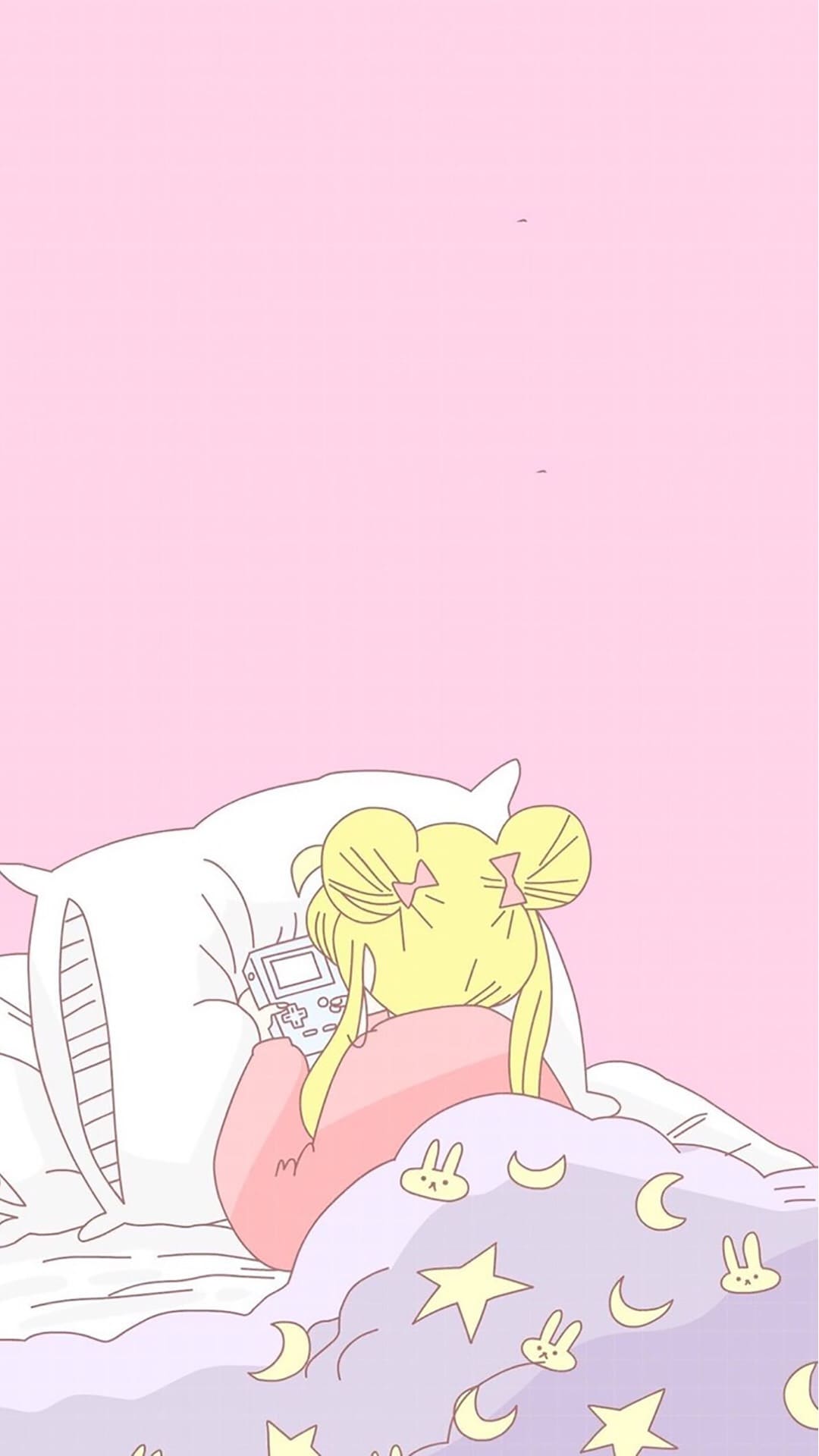扫一扫用手机观看
更新:HD中字/2024-07-28 10:24:24
简介: Somewhere in the remote region, the wa...详情
Somewhere in the remote region, the war ends. In the midst of ruined cities and houses in the streets, in rural hamlets, everywhere where people still live, are children who have lost their homes and parents. Abandoned, hungry, and in rags, defenseless and humiliated, they wander through the world. Hunger drives them. Little streams of orphans merge into a river which rushes forward and submerges everything in its path. The children do not know any feeling; they know only the world of their enemies. They fight, steal, struggle for a mouthful of food, and violence is merely a means to get it. A gang led by Cahoun finds a refuge in an abandoned castle and encounters an old composer who has voluntarily retired into solitude from a world of hatred, treason, and crime. How can they find a common ground, how can they become mutual friends? The castle becomes their hiding place but possibly it will also be their first home which they may organize and must defend. But even for this, the price will be very high.
To this simple story, the journalist, writer, poet, scriptwriter, movie director, and film theoretician Béla Balázs applied many years of experience. He and the director Géza Radványi created a work which opened a new postwar chapter in Hungarian film. Surprisingly, this film has not lost any of its impact over the years, especially on a profound philosophical level. That is to say, it is not merely a movie about war; it is not important in what location and in what period of time it takes place. It is a story outside of time about the joyless fate of children who pay dearly for the cruel war games of adults.
At the time it was premiered, the movie was enthusiastically received by the critics. The main roles were taken by streetwise boys of a children's group who created their roles improvisationally in close contact with a few professional actors, and in the children's acting their own fresh experience of war's turmoil appears to be reflected. At the same time, their performance fits admirably into the mosaic of a very complex movie language. Balázs's influence revealed itself, above all, in the introductory sequences: an air raid on an amusement park, seen in a montage of dramatic situations evoking the last spasms of war, where, undoubtedly, we discern the influence of classical Soviet cinematography. Shooting, the boy's escape, the locomotive's wheels, the shadows of soldiers with submachine guns, the sound of a whistle—the images are linked together in abrupt sequences in which varying shots and expressive sharp sounds are emphasized. A perfectly planned screenplay avoided all elements of sentimentality, time-worn stereotypes of wronged children, romanticism and cheap simplification. The authors succeeded in bridging the perilous dramatic abyss of the metamorphosis of a children's community. Their telling of the story (the scene of pillaging, the assault on the castle, etc) independently introduced some neorealist elements which, at that time, were being propagated in Italy by De Sica, Rossellini, and other film artists. The rebukes of contemporary critics, who called attention to "formalism for its own sake" have been forgotten. The masterly art of cameraman Barnabás Hegyi gives vitality to the poetic images. His angle shots of the children, his composition of scenes in the castle interior, are a living document of the times, and underline the atmosphere and the characters of the protagonists. The success of the picture was also enhanced by the musical art of composer Dénes Buday who, in tense situations, inserted the theme of the Marseilaise into the movie's structure, as a motive of community unification, as an expression of friendship and the possibility of understanding.
Valahol Europaban is the first significant postwar Hungarian film. It originated in a relaxed atmosphere, replete with joy and euphoria, and it includes these elements in order to demonstrate the strength of humanism, tolerance, and friendship. It represents a general condemnation of war anywhere in the world, in any form.
主演:成龙,陈慧楼,徐枫,马骥,佟林
主演:何杜娟,关慧卿,陈一诺,思漩,宋洋,王春妹,王艺曈,王雪菁,朱一龙
主演:文森特·林顿,赛芙琳·卡尼尔,Izia Higelin
主演:玛拉·昂德,约翰·马加罗,亚历山大·谢尔,乌尔里希·图库尔,耶迪斯·特里贝尔,苏珊·沃尔夫,Shirin Lilly Eissa,玛丽-卢·塞勒姆,Leo Meier,丹尼尔·贝茨,Leon Blohm,Vera Brandes,迈克尔·切鲁斯,朱利叶斯·费梅尔,Nils Hohenhövel,克里·约翰逊,Patrick Joswig,尼科莱·金斯基,尤韦·普罗伊斯,于尔根·里斯曼
主演:生田斗真,永山瑛太,本田翼,古田新太,菜菜绪,上地雄辅,仲里依纱,堤真一,吹越满,远藤宪一,皆川猿时,岩城滉一,久松郁实
主演:朱一龙,吴磊,倪妮,杨皓宇,陈明昊,倪大红,威廉·弗兰克林-米勒,李九霄,王奕权,李卓钊
主演:何达,孙岚
主演:刘巍
主演:基里安·墨菲,杰伊·利库戈,崔茜·尤玛,小西姆兹,艾米丽·沃森,罗杰·阿拉姆,鲁比·阿什伯恩·瑟金斯,本·劳埃德-休斯,道格·麦克梅金,优素福·凯尔科尔,马库斯·加维,普莉安卡·伯福德,Charles Beaven,阿拉洛因·奥舒雷米,Joshua J Parker,Tom Moya,图特·纽奥特,George Fouracres,Archie Fisher,Luke Ayres
主演:拉娜·康多,安德鲁·浩二,罗斯·巴特勒,姜成镐,艾洛蒂·袁,林嘉欣,周逸之,AliFumikoWhitney,瑞奇·何,陈琼华,YuBengLim
主演:郭度沅, 刘在明, 周元, 李裕英, 金敏载, 吴代焕, 李俊赫
主演:菲丽西提·霍夫曼,凯文·席格斯,丹尼·伯斯坦,伊丽莎白·佩纳,Craig Bockhorn,保罗·鲍格才,Andrea James,法妮勒埃文斯,雷纳·希茨,凯特·贝利,斯黛拉·麦薇,提亚拉·邓恩,Jim Frangione,卡尔帕妮亚·亚当斯,格兰特·莫纳宏,格雷厄姆·格林,菲奥纽拉·弗拉纳根,波特·杨,卡丽·普雷斯顿,Richard Poe
主演:Artúr Somlay,Miklós Gábor,Zsuzsa Bánki
主演:亨弗莱·鲍嘉,沃尔特·休斯顿,提姆·霍尔特,布鲁斯·班尼特,巴顿·麦克莱恩,Alfonso Bedoya,Arturo Soto Rangel,Manuel Dondé,罗伯特·布莱克,Guillermo Calles,Roberto Cañedo,Spencer Chan,杰奎琳·达利娅,拉尔夫·邓恩,帕特·弗莱厄蒂,马丁·加拉拉加,杰克·霍尔特,约翰·休斯顿,Julian Rivero,杰伊·丝沃黑尔,Ray Spiker,Harry J. Vejar,Clifton Young
主演:兰贝托·马乔拉尼,恩佐·斯泰奥拉,莉安拉·卡雷尔,吉诺·萨尔塔梅伦达,福斯托·圭尔佐尼,朱里奥巴蒂费里,南多·布鲁诺,梅莫·卡罗泰努托,赛尔乔·莱昂内,切柯·里索内,翁贝托·斯帕达罗,Elena Altieri,Carlo Jachino
主演:琼·芳登,伯特·兰卡斯特,罗伯特·牛顿
主演:雷·米兰德,安·托德,杰拉丁·菲茨杰拉德
主演:戴恩·克拉克,盖尔·拉塞尔,埃塞尔·巴里摩尔,阿林·乔斯林,雷克斯·英格拉姆
主演:索尼娅·德雷斯戴尔,沃尔特·菲茨杰拉德,Emrys Jones,Scott Forbes,Barbara White
主演:原节子,佐分利信,杉村春子,神田隆,西村青児,高松荣子,殿山泰司
主演:约翰·霍华德·戴维斯,罗伯特·牛顿,亚历克·吉尼斯,凯·沃尔什,拉尔夫·杜鲁门
主演:Artúr Somlay,Miklós Gábor,Zsuzsa Bánki
主演:艾琳·邓恩,芭芭拉·贝尔·戈迪斯,奥斯卡·霍莫尔卡,菲利普·多恩,塞德里克·哈德威克
主演:琼·贝内特
主演:奥逊·威尔斯,珍妮特·诺兰,丹·奥赫里奇
点播:595
点播:246
点播:354
点播:557
点播:465
影视资讯2024-05-07
影视资讯2024-05-07
影视资讯2024-05-07
影视资讯2024-05-07
影视资讯2024-05-07
登录账号

